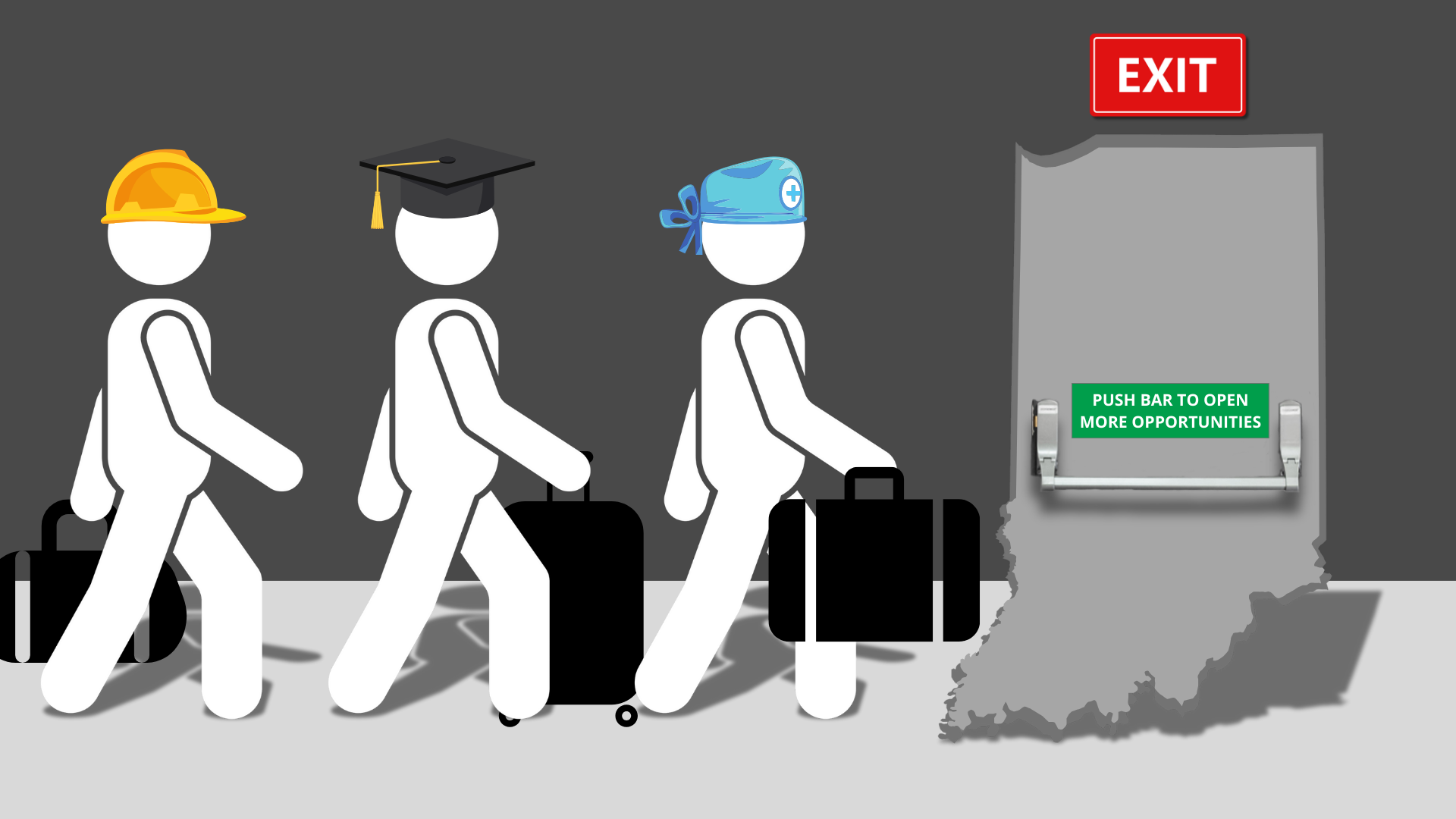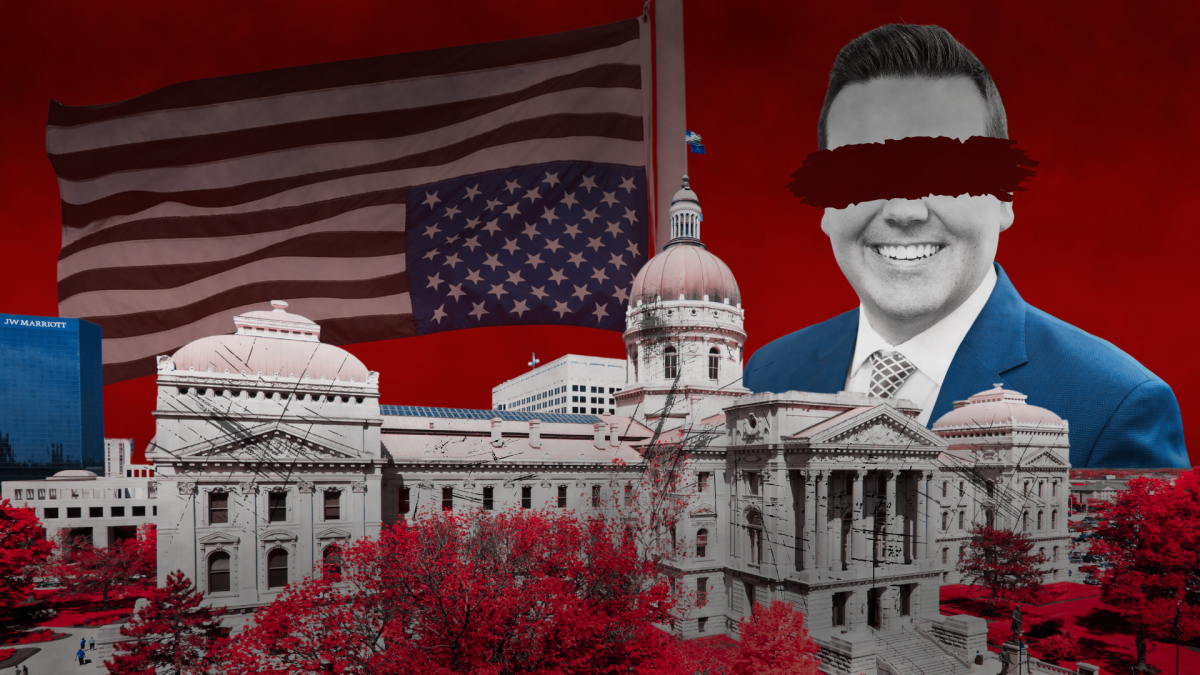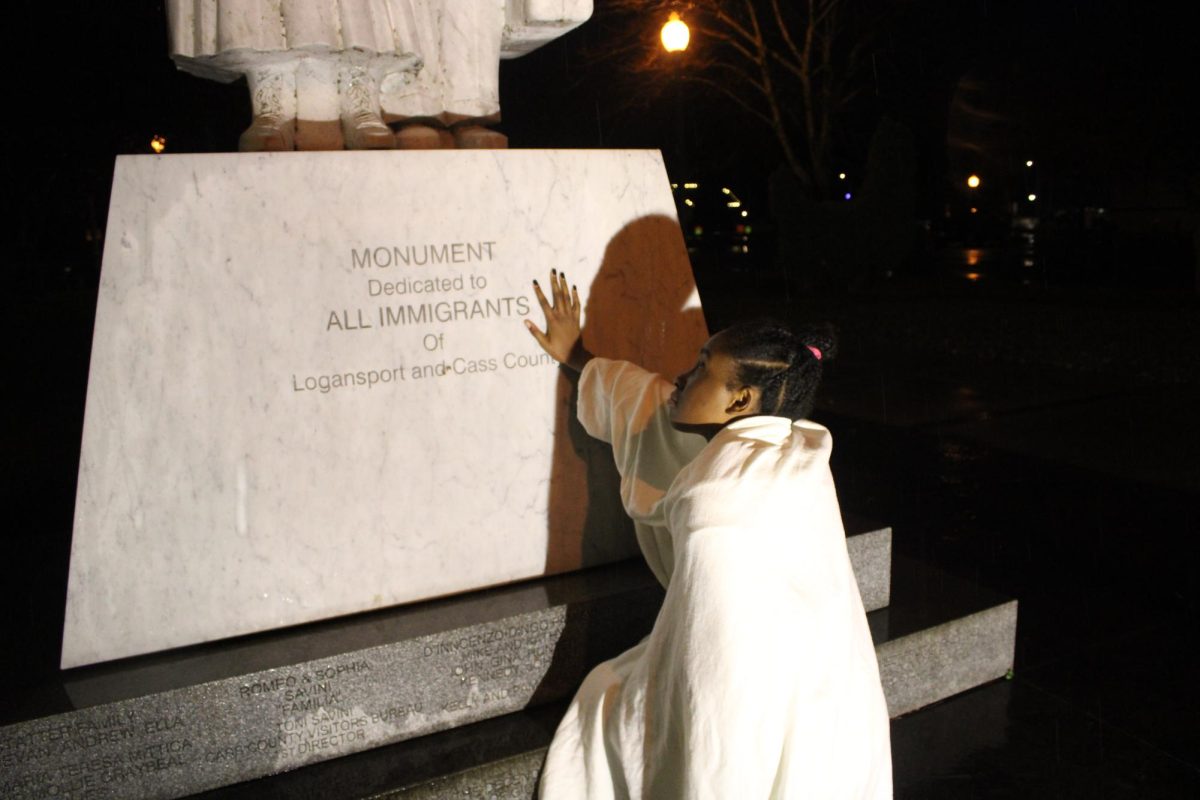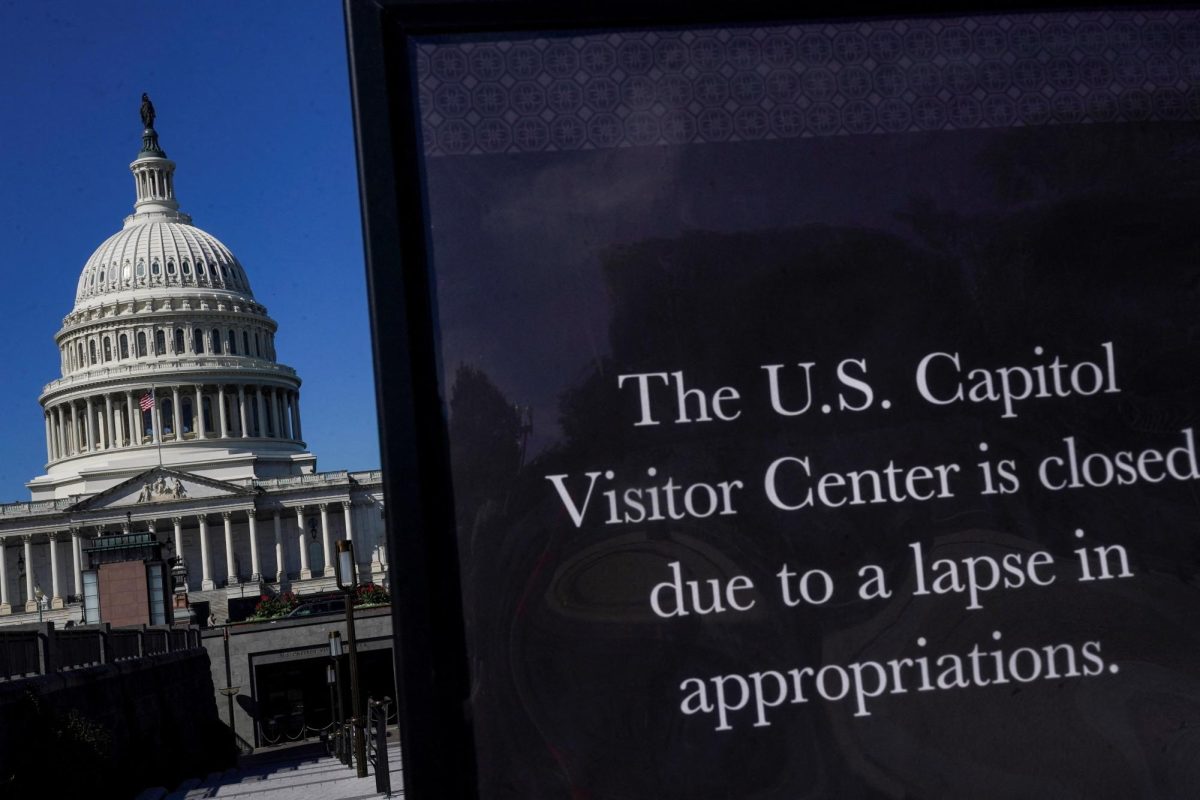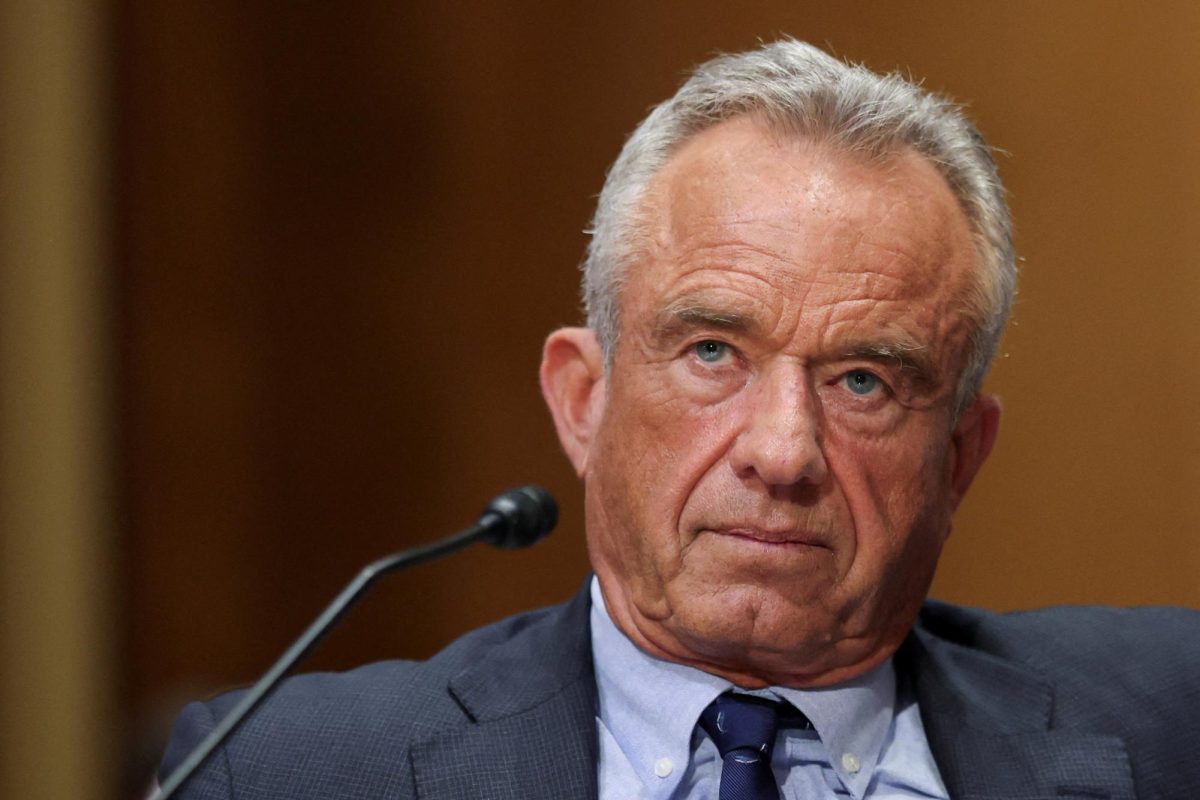Indiana is known as the Crossroads of America, but it is now at a crossroads. Despite strong nationally recognized universities such as Purdue and Notre Dame, low cost of living, and a central location, the state is struggling to retain young college-educated professionals. Every year thousands continue to leave the state in droves, made worse by the state government’s policies.
Indiana’s brain drain has been a problem for decades now, in 1999 the Human Capital Retention Project by the Indiana Fiscal Policy Institute found that Indiana retained 30% fewer college graduates than the national average. And it now only continues to get worse.
A report by the Indiana Chamber of Commerce found that only 29% of 18-year-old Hoosiers will finish college and stay in Indiana. The rest will leave the state in droves; in fact, 40% will leave within the first year.
This is exacerbated by the fact that fewer and fewer people are going to college. Since 2015, the number of people attending colleges in Indiana has declined, while the number of Hoosiers attending out-of-state has stayed the same, meaning the percentage of people leaving the state continues to grow.
The idea that a college education is not necessary is grossly inaccurate. Trade jobs in Indiana have not grown at all, and in fact, have declined since 2000, while wages continue to stagnate. The United States has not created any non-college-educated jobs since 1992. The job market simply vastly prefers college graduates.
All this leads to the inevitable conclusion that the brain drain constitutes a serious crisis for Indiana and its economy. It will lead to serious problems for the state if it continues to be left unaddressed. For many college towns and cities, public universities are vital to the local economies, and lower college attendance rates drastically affect these public universities more than private ones. For these cities, such a loss of college students could be crippling to their economies.
Yet despite such a significant problem, Indiana’s state policies ignore the issue at best and add fuel to the fire at worst.
Indiana’s political climate is a major factor when considering why graduates leave the state. Simply put, despite the state desperately needing college-educated workers, the state is also seemingly hostile to the very existence of college graduates for one simple reason: they don’t tend to vote Republican.
It is a well-known fact that college-educated young voters trend toward liberal candidates, and the same can be said for the 2024 Elections. In the United States, 56% of college graduates voted for Kamala Harris in the presidential elections, and although nationally, this was lower than Biden in 2020, she improved upon 2020’s numbers in three states: Maine, Wisconsin and Indiana.
The Indiana government has not hidden its contempt for college education. Since Mike Braun was elected governor, the government has ramped up attacks against colleges. Lieutenant Governor Micah Beckwith notoriously attacked an Indiana University newspaper on his personal X account and demanded the state withdraw funding from Indiana University Bloomington over its coverage of Trump.
In early February, the State Senate passed a bill that would restrict diversity, equity and inclusion programs in state universities. The proposed state budget by Mike Braun would remove state funding for Martin University in Indianapolis. A new election bill would ban residents from using student IDs to vote. Attorney General Todd Rokita argued that college professors did not have First Amendment rights in classrooms in August.
Combined with the fact that the Indiana Department of Education proposed a new curriculum last year that would not even meet basic college admission requirements, this suggests that the state government does not respect or even contempt collegiate institutions in Indiana.
The state’s lack of a government supporting education policies is only the icing on the cake of its litany of issues, which can be summarized into one key point: Indiana is not attractive.
It should be no surprise that what many residents consider when leaving Indiana is economic opportunity, something we lack. Despite the low cost of living and low taxes, an attractive selling point to many for sure, Indiana’s low wages and lack of diversity in the job market make it difficult for people to stay here.
Indiana’s job market is dominated by manufacturing and transportation. Although crucial industries to the economy, they don’t provide the high-paying jobs that many college graduates will seek. Recently graduated computer scientists, financers, engineers and doctors will likely be alienated by the state’s conservative policies compounded with a mediocre job market.
Even when jobs are available, wages significantly fall behind those in other states. Indiana is ranked 34th in median wages, these graduates can make significantly more in other cities even when accounting for the cost of living in these states. Simply put, there are not many opportunities for Hoosiers in the state, and even when there are they lack compared to what you can get outside Indiana. Many of these professionals can look to other states as more attractive because they are.
Indiana must take steps to address the brain drain, the full effects of this decades-long brain drain may not reveal itself for a while, but when it does it will be a crisis for Indiana. We can no longer rely on traditional industries that have seen negative job growth. It is ironic that the state government, despite desperately needing to appeal to college graduates to stay in the state, has made little strides and has only alienated much of them further.
These policies will inevitably damage Indiana. The uneducated workforce will continue to grow, with little to no job growth, while the highly educated workforce will be left vacant.


